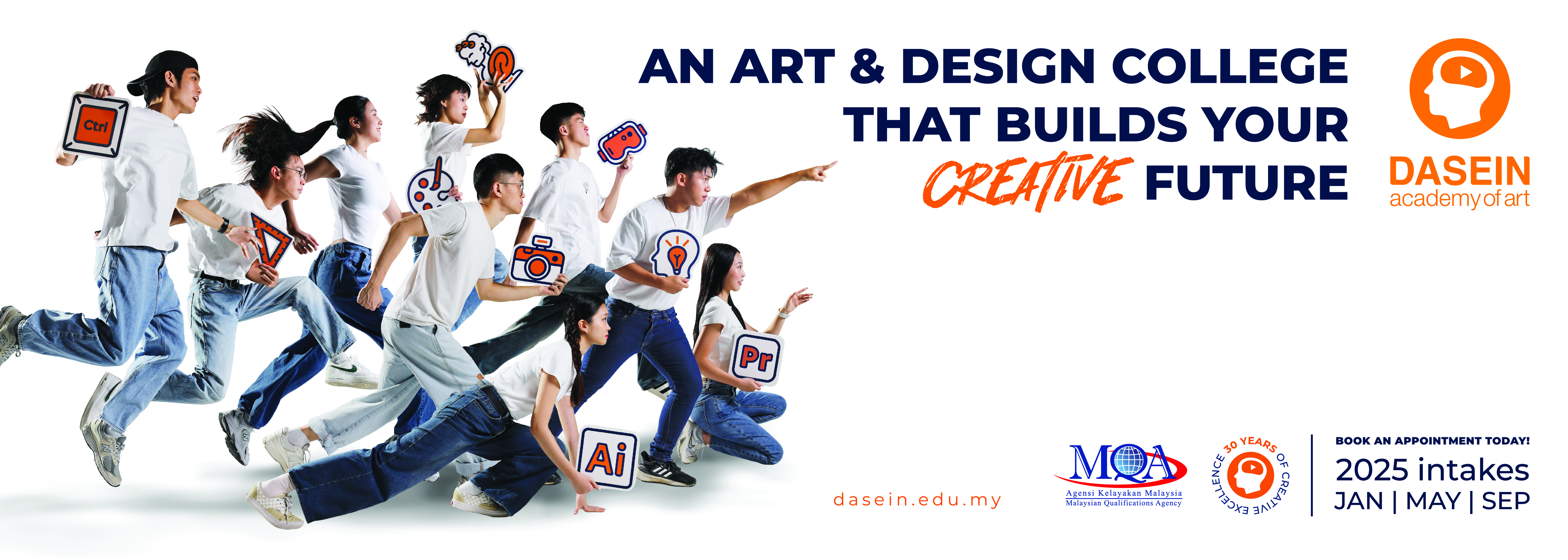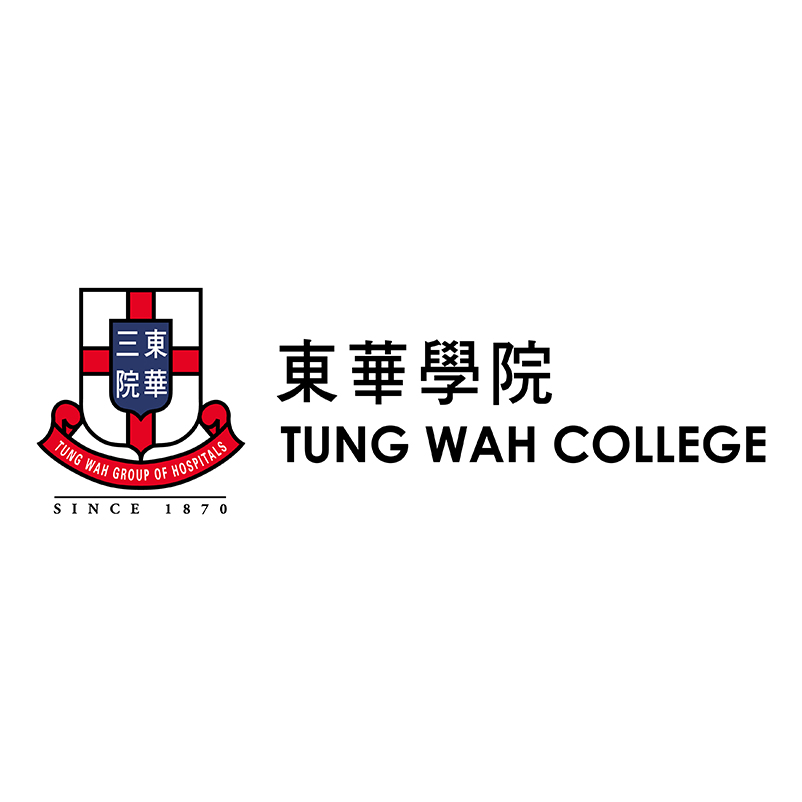Key Enabling Technologies (Structured Masters)
Key Enabling Technologies are recognised by the European Union to be the building blocks for future product and process technologies. Europe’s future competitiveness depends on how its labour force will apply and master the fusion of two or more key enabling technologies on advanced manufacturing test-beds. This interdisciplinary programme prepares technologists for this societal challenge.
The six key enabling technologies are:-
- Photonics
- Advanced Materials
- Industrial Biotechnology
- Advanced Manufacturing
- Nanotechnology
- Micro- / Nano- electronics
The MSc programme provides students with structured training in Scalable Innovation and Laser-enabled bioprinting. This training is underpinned by advanced courses in Optical Design, Advanced Materials, and Tissue Engineering. The programme is particularly focused on digital additive and subtractive processes—targeting personalised medical devices and sensors—pivotal for addressing future key healthcare challenges. Students will gain hands on experience on state of the art manufacturing research platforms enabling them to demonstrate their research potential.
The programme is an ideal opportunity for launching a career in research for industry or academia; it is informed by the goals of three key Science Foundation Ireland Research Centres, CÚRAM Centre for Medical Devices, I-FORM Centre in Advanced Manufacturing and the IPIC Centre in Photonics Technologies.
Students work on individual research projects aligned with a team-based challenge. All projects will converge towards the central theme encompassing the application of multiple key enabling technologies to create electrically, optically and thermally activated medical device concepts using an additive (inkjet & spray) and subtractive (laser) advanced manufacturing test-bed.
Applicants interested in the integration of flexible microfluidics, with laser-enabled printed electronics and soft biomaterials, are particularly encouraged to apply for academic year 2018–19. The programme is ideally suited to a career in biomedical engineering science.
Students can participate in the following areas of interest:-
- Advanced Manufacturing (Printed biomaterials, Printed biomaterials, Bioprinting, Laser based Manufacture, Future medical device manufacturing)
- Photonics (Laser material interactions, Laser ablation, Laser curing, Laser sintering, Optical design, Spectroscopy, Imaging, Laser tissue interactions)
- Nanotechnologies (Nanostructured surfaces, Thin nanometre-thick films, Nanowires, Bio-nano-interactions, Nanomaterials, Nanoparticles)
- Advanced materials (Biomaterials, thin films, Polymers, Composites, Chemical synthesis, Biomechanics, Soft condensed matter, Aerosols)
- Industrial Biotechnology (Stem cell manufacture, Biodiagnostics, Medical devices, Pharmaceuticals, Infectious diseases)
- Nano-/ Micro Electronics (Large area electronics, Printed electrodes, Organic light emitted diodes, Printed conductors, Transparent conductive layers, Material properties, Processes & applications, Sensor / equipment development)
- Publications with major contributions by students undertaking the MSc in Key Enabling Technologies








